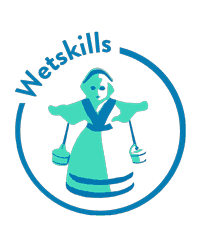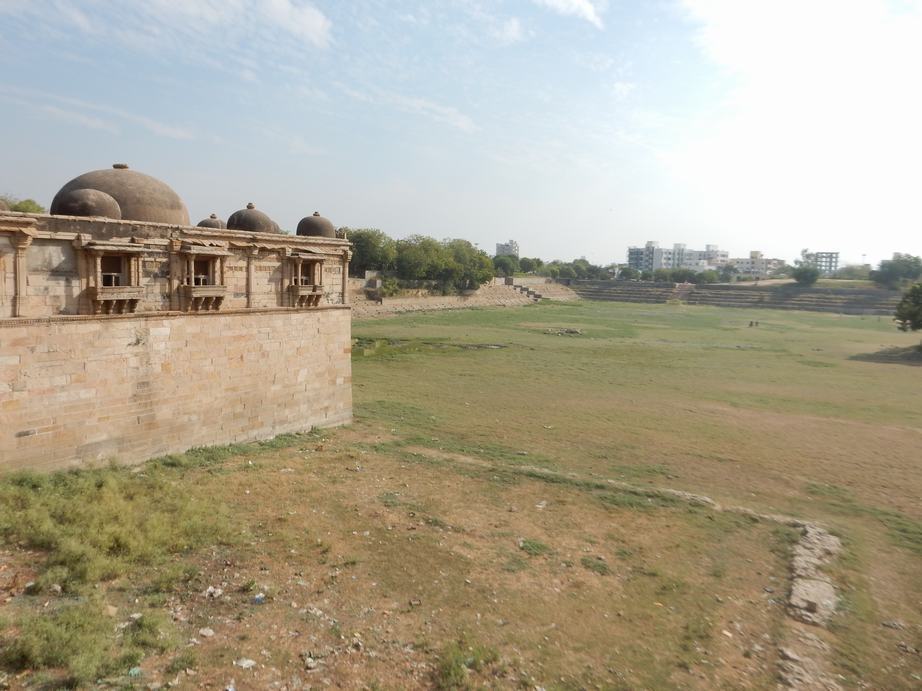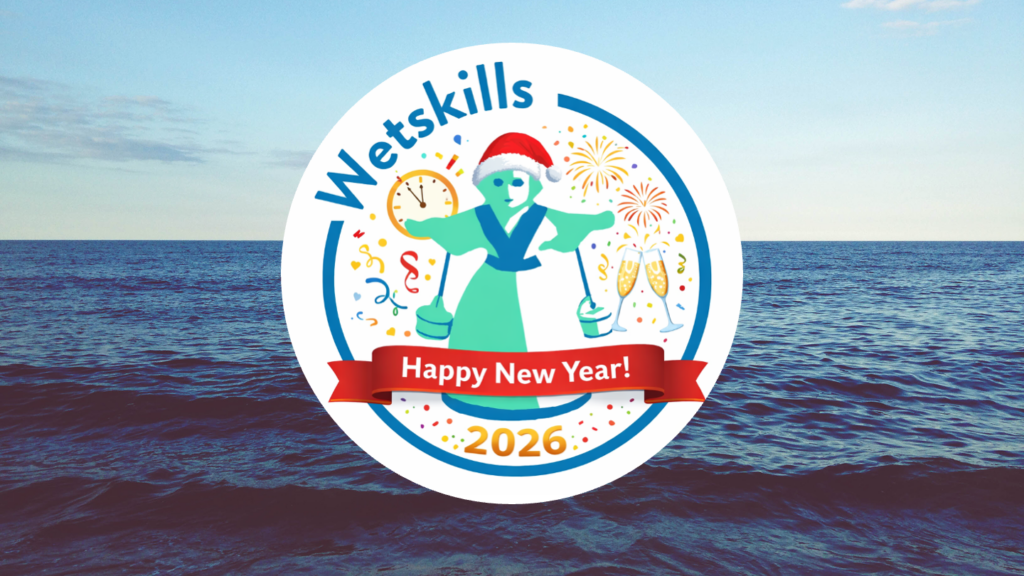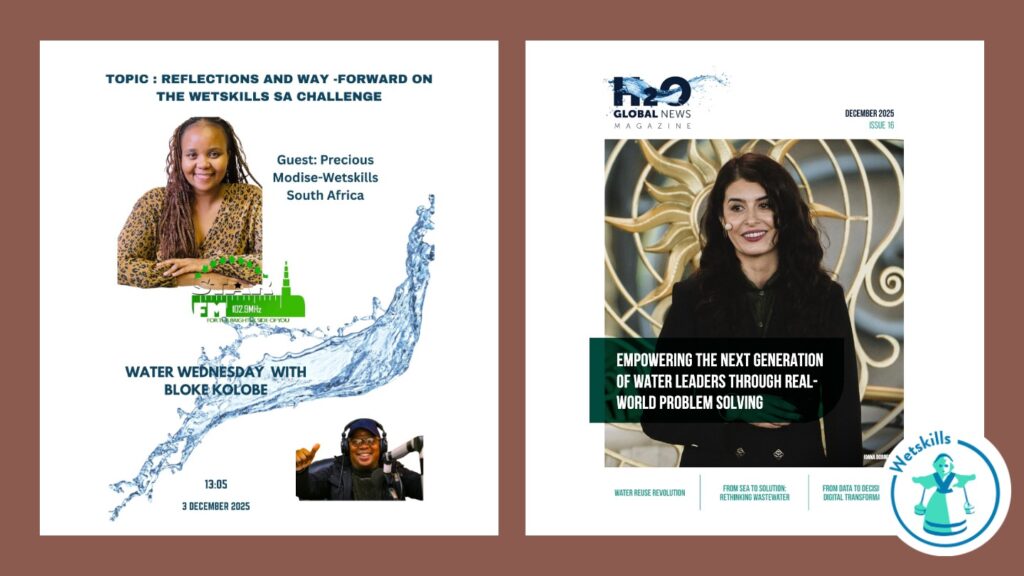by Martien Aartsen (Master student University of Utrecht, WetsNext Ahmedabad project)
How do you end up in Ahmedabad, India, interviewing government officials on integrated urban water issues? Well, it started in June 2016. That summer, I was a participant of the Wetskills USA event in Boston. During this event, I had a great time roaming the Boston harbour and enjoying the company of fellow participants during interesting visits. But most of all, I was part of the team working on a great case provided by KWR Watercycle Research Institute. The case consisted of applying the proven City Blueprint Approach to the city of Boston, and coming up with an innovative application of the City Blueprint Approach to contribute to Boston’s water sustainability. After presenting our final ideas and poster to the audience at the Cambridge Innovation Centre in Boston, I had not have enough of the City Blueprint Approach. Together with Wetskills and case owner KWR we decided to set up a WetsNext project.
For this WetsNext project, I was put in contact with a Wetskills partner in India: the Centre for Environmental Education in Ahmedabad. I am currently staying at the Centre for Environmental Education applying the extensive City Blueprint Approach to the city of Ahmedabad. The City Blueprint Approach is a diagnosis tool consisting of three complementary frameworks. The main challenges of cities are assessed with the Trends and Pressures Framework. How cities are managing their water cycle is done with the City Blueprint Framework. Where cities can improve their water governance is done with the Governance Capacity Framework. I am currently in the process of gathering information and doing interviews to come up with a sound assessment of the city, meanwhile there is plenty of time in the weekends to enjoy India.
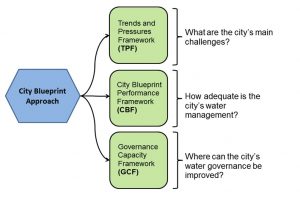
So what when this assessment is finished? The assessment is the first step in a process to improve the sustainability of cities. It is a tool and process to bring stakeholders together and to develop a long-term strategy on the basis of which cities decide to develop and implement long-term action plans. The benefits and win-win’s will make cities a more attractive place to live and save time and money too.
